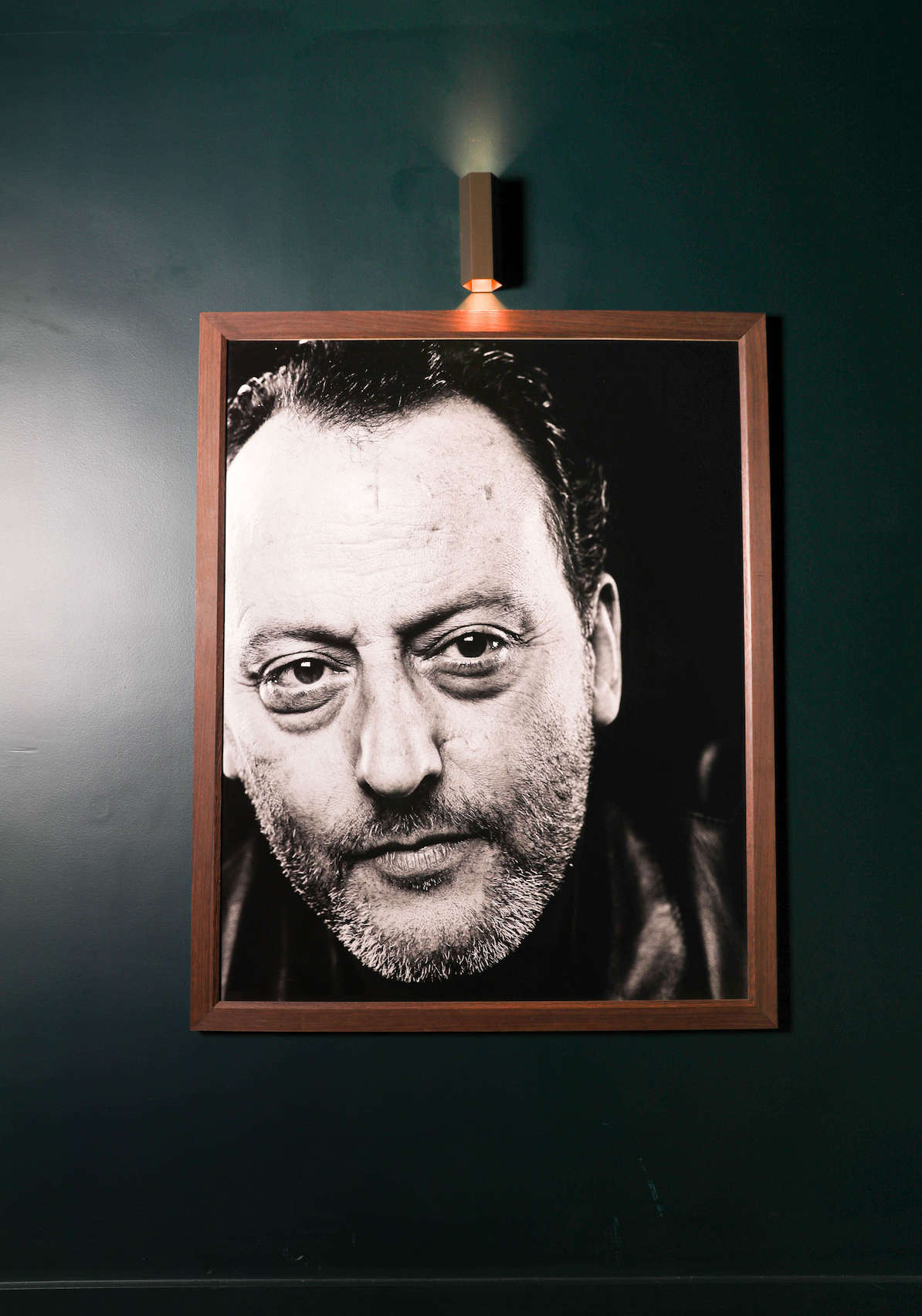
Peter Lindbergh - 10/1999
JEAN RENO, GQ GREAT BRITIAN / GQ GERMANY
Known for his memorable cinematic black and white images, Peter Lindbergh (1944- 2019) pioneered a form of new realism by redefining the standards of beauty. His honest approach set him apart from the other photographers as he prioritizes soul and personality. Lindbergh drastically changed the standards of fashion photography in times of excessive retouching, believing that “beauty is having the courage to be yourself.”
Lindbergh was the first photographer to include a narrative in his fashion series, and his storytelling introduced a new vision on fashion photography. His work is best-known for his singular and revealing portraits and strong influences from early German cinema and industrial surroundings of his childhood spent in Duisburg, North Rhine-Westphalia. Lindbergh’s artistic awakening mainly came in the early 1960’s, when he enrolled at the Berlin Academy of Fine Arts: “I started to discover avant-garde cinema and art; movies like Fritz Lang’s Metropolis and Josef von Sternberg’s The Blue Angel with Marlene Dietrich, the Berlin of the ’20s and ’30s.
It left a significant impression on me, learning about Bertolt Brecht’s plays and Kurt Weill’s music, as well as about painters like Max Beckmann, George Grosz and Otto Dix, Kurt Schwitters and the Dada movement. Italian neo-realist cinema, Pier Paolo Pasolini’s Mamma Roma, Federico Fellini’s 81⁄2, Luchino Visconti’s Ossessione… The world appeared right in front of me, a nineteen-year-old who wanted to learn about everything.” Studio backlots and visible movie equipment such as props, ladders or fans are recurring motives in Lindbergh’s work, that create an unmistakable mood.
The photographer favors undone sets that evoke behind-the-scenes moments and convey a “work in progress” feeling rather than a final moment. His raw aesthetics established an atmosphere that would allow him to break through the veil of his often famous sitters. Believing that “every portrait is a photograph of a relationship”, Peter Lindbergh affirmed that “Good pictures only happen when people are not too conscious of the shoot situation and open themselves up. » Lindbergh has directed a number of critically acclaimed films and documentaries: Models, The Film (1991); Inner Voices (1999) which won the Best Documentary prize at the Toronto International Film Festival (TIFF) in 2000; Pina Bausch, Der Fensterputzer (2001) and Everywhere at Once (2007), which was narrated by Jeanne Moreau and presented at the Cannes and Tribeca Film Festivals.



